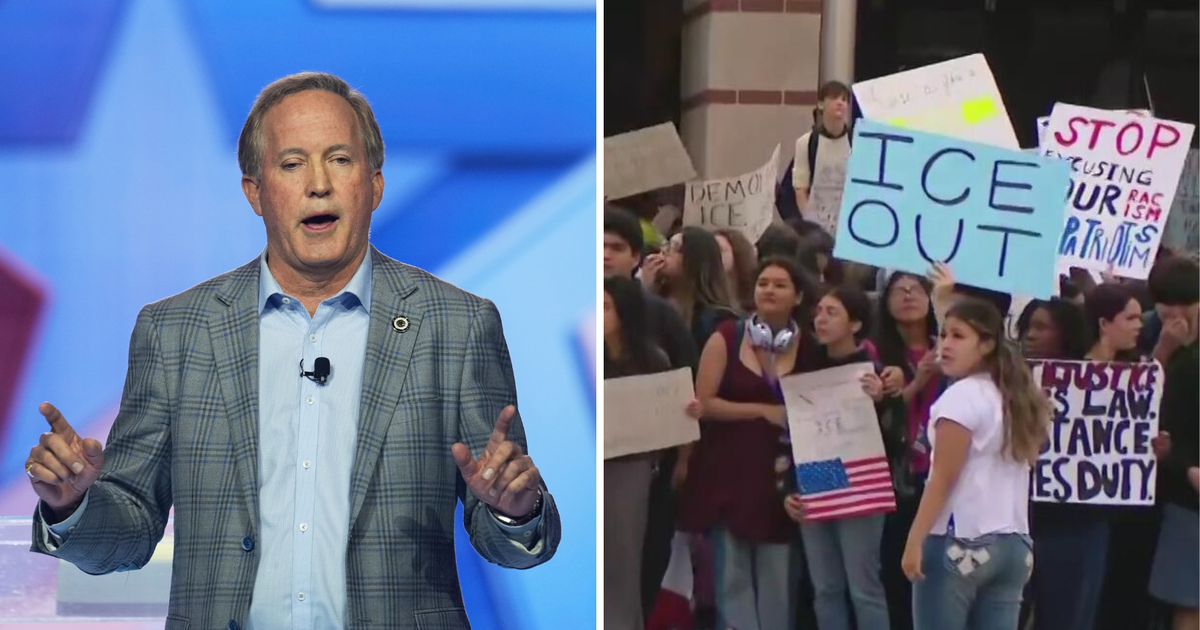Google overhauls sexual misconduct policy after employee walkouts
A week after Google workers around the globe walked off their jobs to protest reportedly lenient treatment of executives accused of sexual misconduct, the internet giant is promising change.
Google on Thursday vowed to be more forceful and open about its handling of sexual harassment cases, with CEO Sundar Pichai spelling out the concessions in an email Thursday to Google employees. "It's clear we need to make some changes," Pichai stated in his emailed memo.
The company said it will no longer require mandatory arbitration of sexual misconduct allegations and will provide more details about sexual misconduct cases in internal reports.
On Nov. 1, more than 20,000 Google workers abandoned their cubicles to protest past cases of alleged sexual harassment, following a New York Times report that detailed how the company protected and gave big payouts to male executives accused of misconduct.
The reforms are the latest fallout from a broader backlash against men's exploitation of their female subordinates. The movement has spawned the "Me Too" hashtag as a sign of unity and a call for change.
Protest organizers said Google publicly champions diversity and inclusion but doesn't do enough to put words into action.
In an unsigned statement from organizers, protesters called for an end to forced arbitration in harassment and discrimination cases, a practice that requires employees to give up their right to sue and often includes confidentiality agreements.
They also want Google to commit to ending pay inequity, issue a report on sexual harassment inside the company, and adopt a clearer process for reporting complaints.
According to Google Walkout for Real Change, the protesters' goals included several policy changes at the tech firm, including "a publicly disclosed sexual harassment transparency report" and "a commitment to end pay and opportunity inequity." Another request is to have an employee representative on Google's board.
The protest came a week after a New York Times story detailed allegations of sexual misconduct about creator of its Android software, Andy Rubin. The report said Rubin received a $90 million severance package in 2014 even though Google concluded the sexual misconduct allegations against him were credible.
Rubin derided the Times story article as inaccurate and denied the allegations in a tweet.



